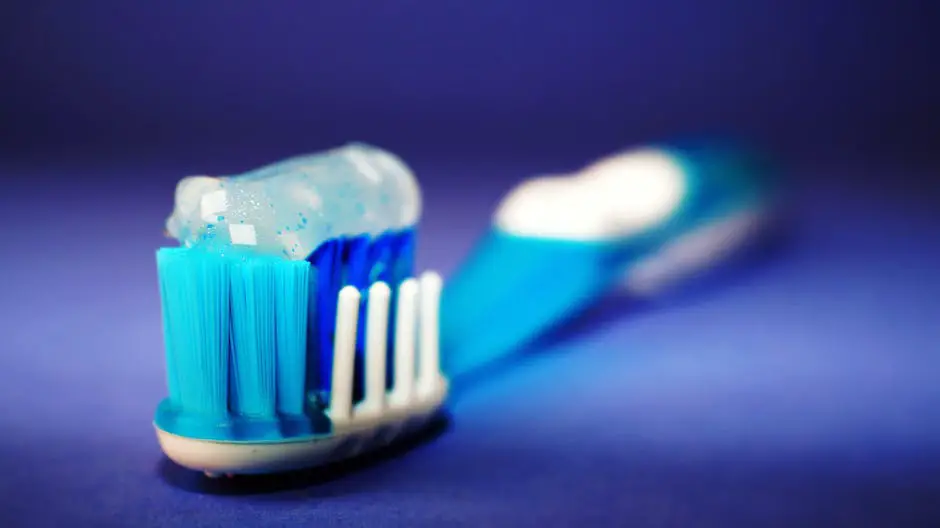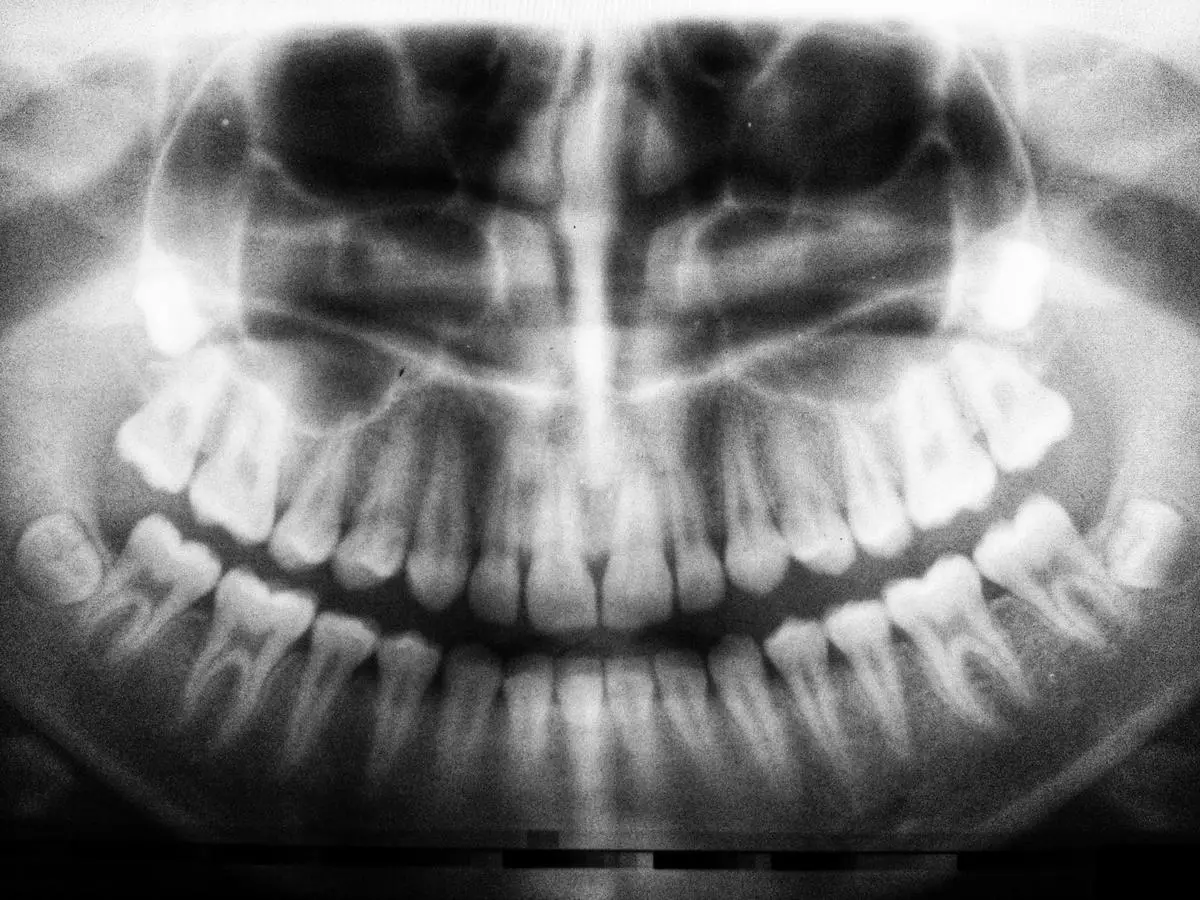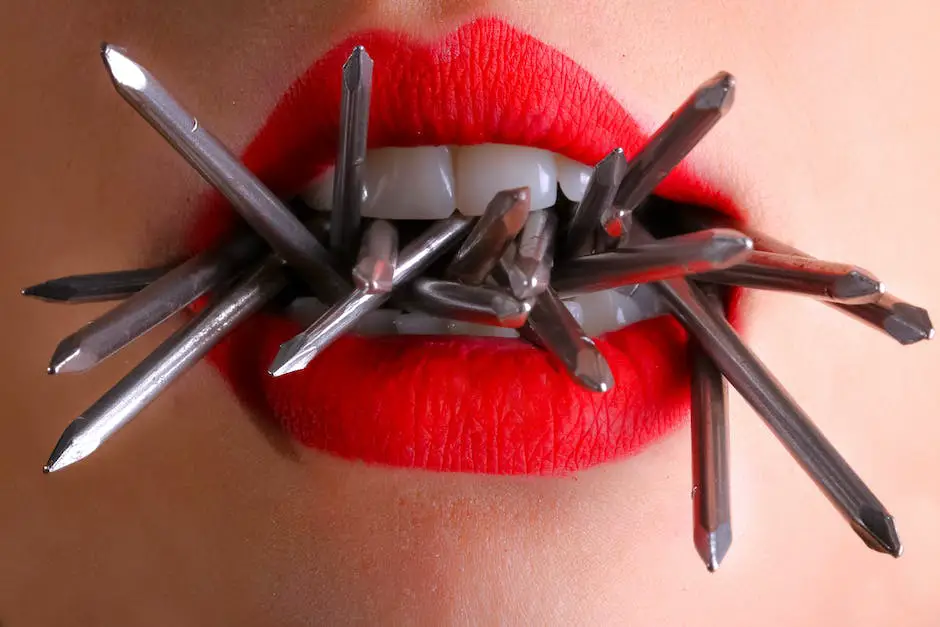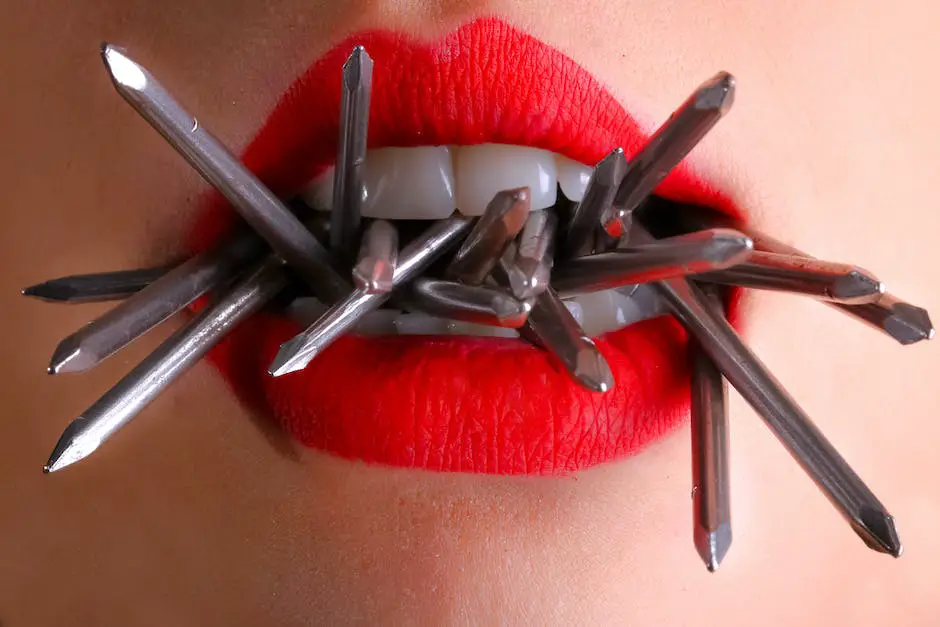Each night when we close our eyes and slip into a slumber, we enter a world of our subconscious where anything can become a reality; from flying across the skies to finding ourselves amidst strange narratives. Dreams, though fascinating, can oftentimes present us with unsettling scenarios. Among these, a rather common yet unsettling phenomenon is that of teeth-decaying nightmares. Through a multiple-layered exploration involving, psychoanalysis, cultural factors, correlations with real-life dental health, and coping strategies, we aim to comprehend and quantify the impact of teeth-decaying nightmares, a universal perplexity that finds its way into the sleepscape of many.
Psychoanalytical Perspective of Teeth-decaying Nightmares
Freudian Interpretation of Teeth-decaying Nightmares
According to Sigmund Freud, the father of psychoanalysis, dreams, and by extension, nightmares are the gateway to our subconsciousness. They are a means by which repressed impulses and desires are expressed. Freud theorized that dreams of teeth decaying or falling out could be linked to fear of castration or sexual impotence. The teeth here symbolize power and virility, and their decay, therefore, denotes losing power or control, possibly in a sexual context.
Jungian Perspective on Teeth-decaying Nightmares
Students of Carl Jung, on the other hand, often interpret teeth-decaying nightmares as symbolic of a transition or change. Jungian psychology asserts that teeth stand as powerful images of growth, development, and personal strength—their decay, therefore, is suggestive of personal losses, transitions, or significant changes in one’s life. They could also express deep-seated fears about aging or death, mirroring an anxietal response to the inevitable passage of time.
Modern Psychological Interpretations of Teeth-decaying Nightmares
Modern psychologists have slightly varied interpretations. Some suggest that teeth-decaying nightmares might reflect anxiety about one’s appearance or societal perceptions, given that a healthy set of teeth is widely connected with attractiveness in many cultures. The nightmares may also be connected to feelings of powerlessness or loss of control. This could stem from various realms of life from personal relationships to professional spaces.
Others tie these distressing dreams to the literal fear of dental procedures, past traumatic dental experiences, or poor dental health in the waking state. The decay symbolizes not only the physical deterioration of the teeth but also the psychological distress related to dental anxiety or the fear of visiting the dentist.
Psychosomatic Connections and Teeth-decaying Nightmares
Apart from psychological interpretations, some studies suggest a potential psychosomatic link between nightmares about teeth decaying and actual health conditions. Bruxism or teeth grinding, a condition often triggered by stress, could potentially enhance the chance of such nightmares. Similarly, persistent tooth pain or dental disease might make its way into our dreams, and over time, morph into more distressing images of decay or loss.
The Stress Factor and Teeth-decaying Nightmares
Stress is a common theme across all these interpretations. Regardless of whether it’s related to repressed sexual anxieties, fear of change, concerns about physical appearance, or dental anxieties, the underlying thread often points to high levels of psychological stress or tension. Hence, effective stress management strategies may, in many cases, prove helpful in reducing the frequency or intensity of teeth-decaying nightmares.
It’s crucial to remember that dream interpretations are highly individual and subjective. While these general themes can provide insights, personal circumstances and experiences heavily influence the content of nightmares. As such, there is no one-size-fits-all interpretation of teeth-decaying nightmares. Should they persist and contribute to regular distress or sleep interruption, professional psychological help should be sought.
Understanding nightmares about teeth decaying can be an enlightening process. It not only allows for self-discovery but can also be a chance for personal growth. Encouraging one to seize the opportunity to face their deepest fears and anxieties.

Cultural and Societal Influences on Teeth-decaying Nightmares
The Influence of Teeth Perception in Our Culture
Teeth appearance holds prominence in our cultural fabric, leaving a significant impact on individuals. It is often perceived that a healthy, bright, and orderly set of teeth symbolize attractiveness, prosperity, and robust health. This societal stress to uphold impeccable dental aesthetics can infiltrate our subconscious, leading to recurring nightmares of teeth decay. Such dreams might mirror insecurities concerning one’s look, apprehension of being judged, or perhaps unease linked with aging and health issues.
Societal Factors: Oral Health and Aesthetics
In a society where commercial dental products and cosmetic dentistry are widespread, individuals often fear tooth decay as it symbolizes poor hygiene, aging or neglect of one’s health. Significant societal pressure exists surrounding maintaining good oral hygiene and perfect teeth, and the fear of transgressing these norms can often be shown in dreams about teeth decaying. Nightmares about tooth decay may arise from concerns about personal image, health maintenance, or fear of public scrutiny stemming from societal standards.
Cultural Beliefs Related to Decaying Teeth
Beliefs and superstitions about teeth are prevalent across various cultures. In certain societies, dreams about losing teeth or tooth decay are often tied with anxieties about death or significant life changes. Besides the West, the Chinese, for example, associate such dreams with lies or curses. They see teeth as symbols of power and strength, and losing or decaying teeth is perceived negatively. The fear and anxiety produced from these cultural beliefs can result in nightmares related to teeth decay.
Oral Health Problems and Stress
Nightmares about teeth decaying can also reflect real-world issues about oral health. People experiencing cavities, gum disease, or other dental problems may have these nightmares more frequently. The subconscious mind may deliver these nightmares as a warning sign that denotes the need for medical attention.
Teeth-symbolism in Psychology
From a psychological perspective, Sigmund Freud, the father of psychoanalysis, considered teeth as symbols for sexual power and aggression. Losing teeth, in this view, signifies feelings of impotence, loss of control, and potential emasculation. Carl Jung, another influential psychoanalyst, related tooth loss dreams to a transition phase in life, anxiety about appearance, and fear of impotence, which can amplify the likelihood of nightmares about tooth decay.
Media Influence and Teeth-decaying Nightmares
Media exposure to images or narratives involving teeth decay or extraction can also influence these dreams. Movies, TV shows, or news stories involving dental issues or tooth loss can create or heighten fears related to oral health and aesthetics, thus potentially triggering teeth-decaying nightmares.
An Exploration of Nightmares about Teeth Decay
There’s an underlying significant influence of societal and cultural factors in crafting nightmares about teeth decay. These may occur due to societal expectations related to oral health and aesthetics, deeply established cultural perceptions, real-life dental health problems, or even the exposure to media. Each of these determinants can contribute majorly in weaving this sort of terrifying dreams.

Connection between Teeth-decaying Nightmares and Real-Life Dental Health
Diving Deeper into the Phenomenon of Teeth Decay Nightmares
Such nightmares generally portray imagery of teeth crumbling, rotting away, or breaking down, becoming a common yet disconcerting dream scenario for many. As suggested by the American Psychological Association, these nightmares typically arise from stress-related factors. This could include anxiety regarding physical appearance, or the fear of experiencing rejection.
What Research Says About Teeth-Decaying Nightmares
Numerous studies delve into the causes of teeth-decaying nightmares. These nightmares are often associated with stress and anxiety disorders rather than real-life dental health. A 2018 study conducted by Israeli researchers found that teeth-related dreams were more common amongst individuals experiencing higher levels of daytime dysfunction due to sleep disturbances.
Teeth-Decaying Nightmares and Real-Life Dental Health
While many believe that teeth-decaying nightmares might signal oral health issues, there’s little substantial scientific evidence connecting these dreams with actual dental health problems. Nevertheless, some psychoanalysts propose that these dreams could symbolize concerns about personal health or fear of the aging process, which might indirectly involve worries about dental health.
Professional Opinions on Teeth-Decaying Nightmares
Though the correlation between teeth-decaying nightmares and dental health is not widely researched, insights from experts offer a layered understanding of these dreams. Dr. Deirdre Barrett, a Harvard Medical School psychologist, explains that while dreams are often influenced by daily concerns, experiences, and worries, it’s not unique to dental health. Even though many people have concerns about their dental health, dreaming specifically of teeth decay does not necessarily imply a dental problem.
The Dream Interpretation Perspective
From a psychoanalytic perspective, Sigmund Freud detailed one theory suggests teeth falling out in dreams might be related to sexual repression or fear of castration. Carl Jung suggested such dreams might relate to personal power and ability to be assertive or defensive. Contemporary dream analysts have expanded these interpretations to include themes of communication and personal expression, suggesting teeth decaying nightmares might indicate a feeling of powerlessness or concern over personal attractiveness.
To Summarize
Nightmares featuring teeth decay are not typically related to actual dental health concerns according to expert opinions and scientific evidence. Although such dreams can be distressing and raise concerns regarding oral health, they are more commonly associated with psychological factors. Regardless of these dream interpretations, consistently maintaining oral hygiene and routine dental visits are an integral part of leading a healthy lifestyle.

Coping Strategies for Teeth-Decaying Nightmares
Delving Into Teeth-Decaying Nightmares
Nightmares centered around decaying teeth can be quite unsettling. These dreams may involve teeth loosening, falling out, or decaying, often creating distress so much so that they can significantly affect one’s quality of sleep and mental well-being.
Theories related to dream analysis suggest such dreams may symbolize anxiety over personal appearance, fear of rejection, or worries about verbal communication abilities. Some other interpretations connect teeth-decaying nightmares to feelings of being powerless or losing control. It is noteworthy, however, that nightmares can stem from real-world stressors. Dental anxiety or concerns of deteriorating oral health, contribute significantly to these teeth-decaying nightmares for many individuals.
Improving Sleep Hygiene and Relaxation Practices
As with any form of recurrent nightmare, improving sleep hygiene can potentially reduce the occurrence of teeth-decaying dreams. This includes maintaining a consistent sleep schedule, ensuring your sleeping environment is quiet and dark, and avoiding stimuli such as caffeine and electronics before bed.
In addition to sleep hygiene, incorporating relaxation techniques into your routine may help to prevent these nightmares. Techniques such as yoga, deep-breathing exercises, progressive muscular relaxation, and meditation can help to lower your overall stress and anxiety levels, which in turn can reduce the frequency and severity of nightmares.
Cognitive Behavioral Therapy
Cognitive Behavioral Therapy (CBT) has proven effective against recurrent nightmares, including those about teeth decaying. A therapist working with this therapeutic technique will help you identify the thoughts and behaviors potentially contributing to your nightmares and work on healthier coping strategies. CBT’s goal is to change the thought patterns leading to negative emotions, behaviors, and physical responses.
Imagery Rehearsal Therapy
Another therapeutic method utilized in managing frequent nightmares is Imagery Rehearsal Therapy (IRT). This form of treatment involves the dreamer consciously changing their dream’s narrative while awake. The person first recalls the nightmare, then reimagines it with a peaceful or positive ending. They rehearse this new version in their mind several times a day.
Professional Dental Care and Oral Hygiene
Maintaining proper oral care can also contribute to reducing the frequency of teeth-decaying nightmares. Ensuring regular dental check-ups, brushing and flossing daily, and using mouthwash can help to improve your dental health and potentially alleviate anxiety about teeth decay.
For some individuals, teeth decaying nightmares could act as a subconscious reminder to take care of their oral health. It could serve as motivation to reinforce good habits and to seek professional dental care when necessary.
Seek Professional Help
Finally, if teeth-decaying nightmares continue to persist and interfere with your sleep or daily activities, consider seeking professional help. A mental health professional can provide a range of therapeutic options to explore underlying anxieties and develop coping mechanisms. Don’t forget that nightmares are a common part of human experience and seeking help is a proactive step towards better rest and overall mental health.

Ultimately, understanding the mysteries of our subconscious can provide critical insights into our mental and emotional health. By delving into the realm of dreams and nightmares, particularly ones about teeth decaying, we unlock not only a deeper understanding of these disturbing visions but also their implications for our waking lives. Whether these nightmares offer glimpses into oral healthcare needs, or personify societal beauty standards, or simply exist as enigmatic puzzles of the human mind, they provide a compelling perspective on our internal world. It is hoped that exploring these possibilities will provide solace to those dealing with recurrent teeth-decaying dreams and guide them towards effective coping strategies.
